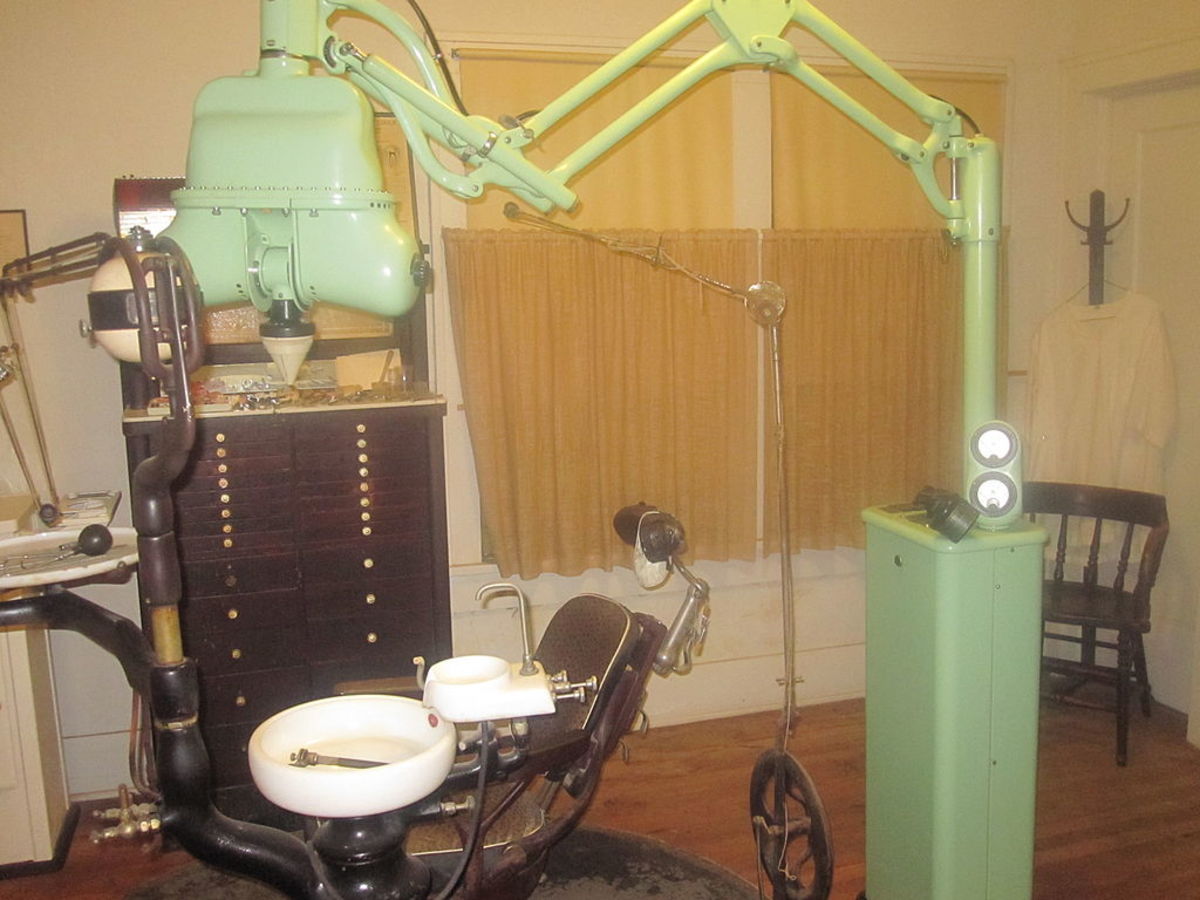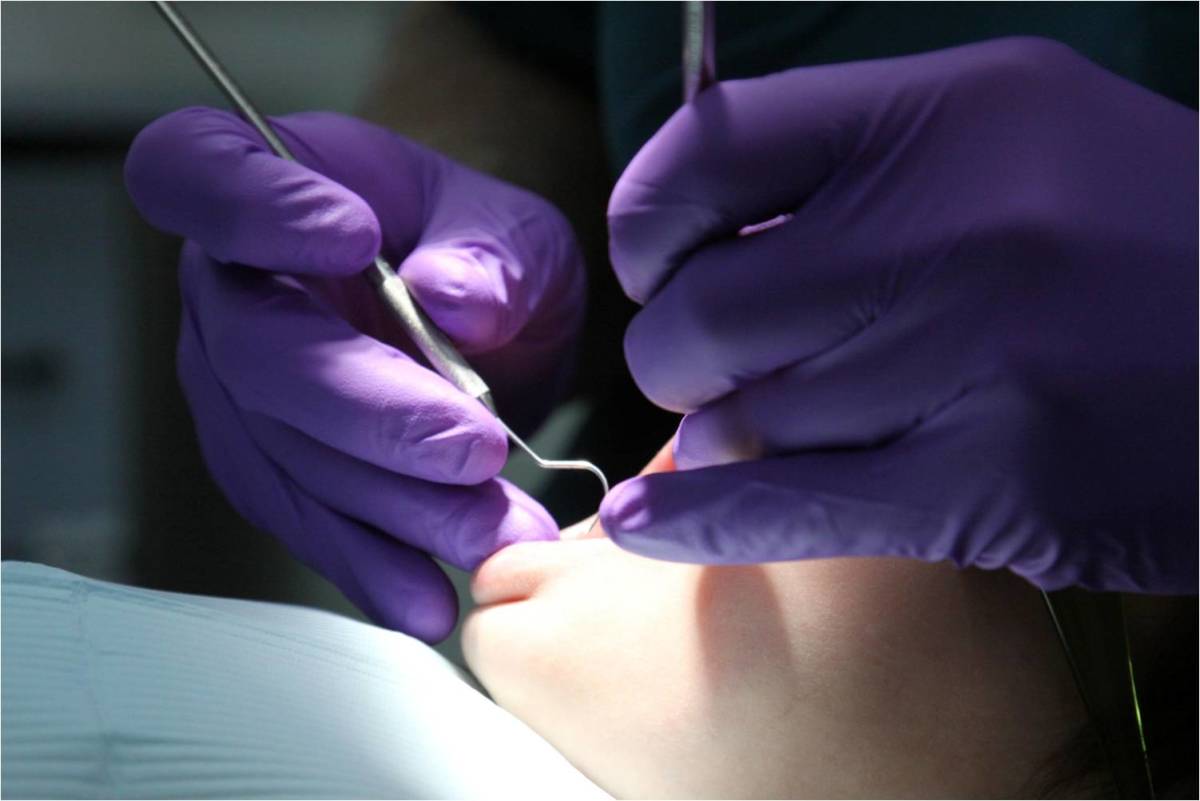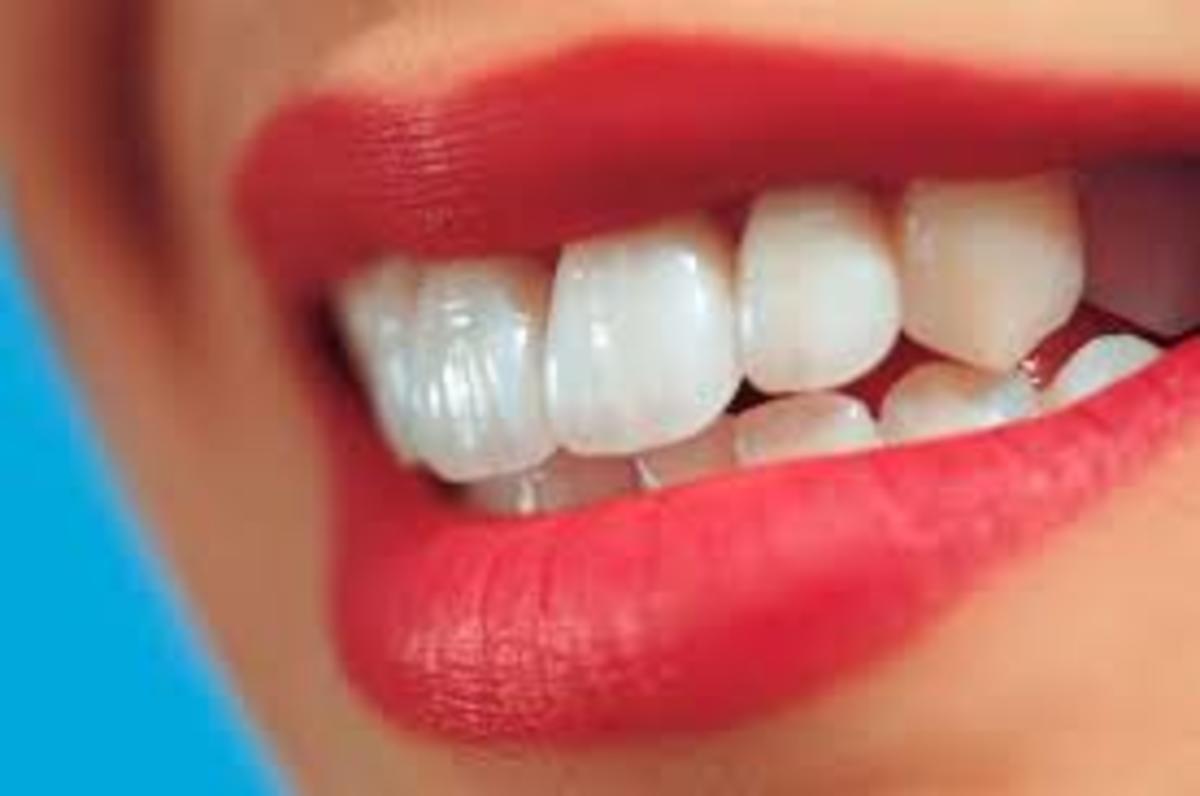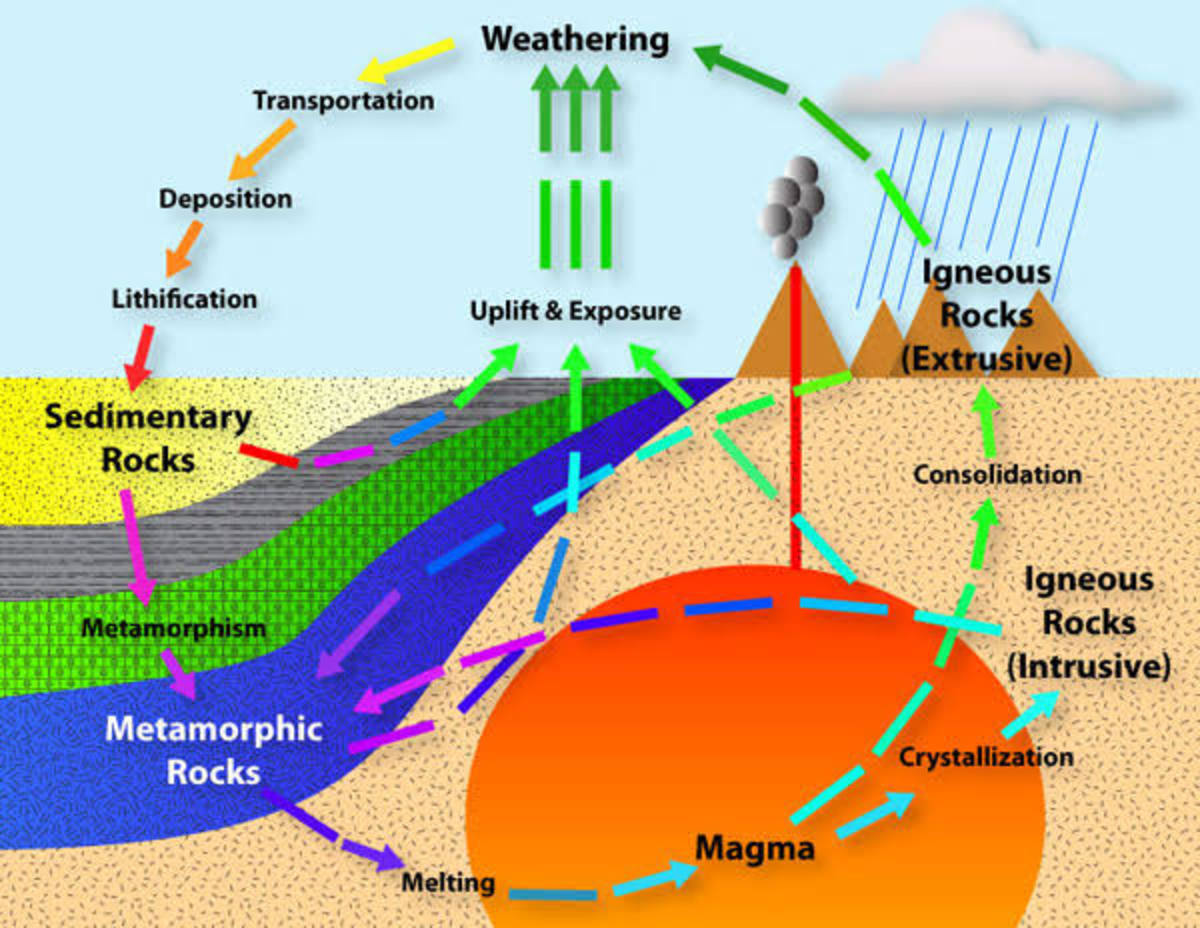Thinking of Becoming a Dentist?

Q & A Session for Those Considering Dentistry ...
As a lifelong education professional, I am devoted to providing information for people who want to explore furthering their education. Whether you are considering a new career to replace an old one, or a first career, this article may be of interest to you. It is the first of a collection of articles I am creating to answer basic questions about different professional areas.
This article presents questions and answers that might be of interest to anyone considering pursuing either a second or a first career in the professional field of dentistry. I’ve edited facts found in different places, such as in the governmental publication called the Occupational Outlooks Handbook, in order to provide answers to common questions about the career field of dentistry.
Q: Is a dentist a doctor?
A: Yes, a dentist is a kind of doctor. The dentist, however, is a medical professional who specializes in diagnosing and treating diseases, problems, infections, and other issues related to oral care and oral hygiene.
Q: What does a dentist do?
A: A dentist helps patients care for their teeth and gums, and they provide care for anything related to teeth and gums that might affect the body. Gum disease (pyorrhea) and tooth decay are the two most common problem areas requiring dental treatment. However, the practice of dentistry involves everything from the checking of teeth for cavities, to filling cavities, extracting and replacing teeth, deep-cleaning to treat or prevent periodontal problems, and performing root canals—the removal of damaged tissue inside the tooth, in order to treat abscessed teeth.
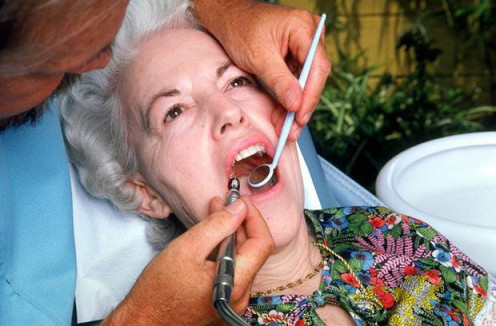
Dentists also provide patients with preventative advice/information to help them practice proper oral hygiene and care at home. For example, they provide instructions on diet, brushing, flossing, the use of fluorides, and other areas of dental hygiene and care. They usually recommend that everyone see a dentist at least twice a year for checkups, cleanings, and oral care evaluation.
The day-to-day work of dentists, typically, includes:
- Removing decay from teeth and filling cavities
- Repairing or removing cracked or broken teeth
- Straightening teeth to correct bite problems
- Placing sealant or whitening agents on teeth
- Administering anesthetics to keep patients from feeling pain during certain dental procedures
- Writing prescriptions for antibiotics or other medications
- Examining patient x rays of teeth, gums, the jaw, and nearby areas for problem evaluation
- Making models and measuring patients mouth/teeth for the fitting of dental appliances, such as dentures
- Teaching patients about diet, flossing, use of fluoride, and other aspects of good dental care
Whether they are in private practice, or work in a salaried position, such as at a hospital, most dentists work full time. Many dentists also work evenings and weekends in order to meet their patients' needs.

Q: What does it take to become a dentist? What type of educational preparation is required to practice in this area of medicine?
A: Dentists, like all doctors, must be licensed. All fifty states of the U. S. require licensing for dentists, even though matters related to these requirements can vary by state. Obtaining a license to practice dentistry, in most states, requires that applicants attend and graduate from an accredited dental school. The accrediting organization for all U.S. dental schools is the Commission on Dental Accreditation. After graduating from dental school, applicants must also take and pass written and practical examinations which prove or show that they have mastered concepts and skills that are required for the successful practice of dentistry.
Getting into a good dental school usually requires at least a bachelor's degree, although different schools have different requirements. If you’re still in high school and you’re sure you want to become a dentist, you should take courses in chemistry, physics, biology, anatomy, and mathematics, to help prepare your mind and give you a good foundation for the types of college courses you will need to take.

Applicants need to complete certain required courses in science, such as biology and chemistry, in order to get accepted into a good dental degree program. Although there are no major requirements for entering most dental schools, students who earn their undergraduate degrees in areas of science increase their chances of being accepted into a good dental programs.
Q: Why do I need to have completed certain required courses in science, such as biology and chemistry?
Dental schools require students to take classes such as local anesthesia, anatomy, periodontology (the study of oral disease and health), and radiology. Courses in science, including biology and chemistry, provide students with the foundation they need for these classes. In addition, all dental schools include practice as part of their graduation requirements. Students are required to work with patients in a clinical setting under the supervision of a licensed dentist before they are allowed to take their licensing examination, and before practicing on their own.

Q: Do you have to take standardized entrance exams to get into dental school?
A: Yes. Getting into dental school is competitive and usually requires that undergraduates take and pass what is known as the Dental Acceptance Test (DAT). This test is usually taken during the student’s junior year in college. The DAT is computerized and consists of four (4) sections, including:
- Survey of natural sciences (biology, general chemistry and organic chemistry)
- Perceptual ability (two and three-dimensional problem solving)
- Reading comprehension (dental and basic sciences)
- Quantitative reasoning (mathematics).
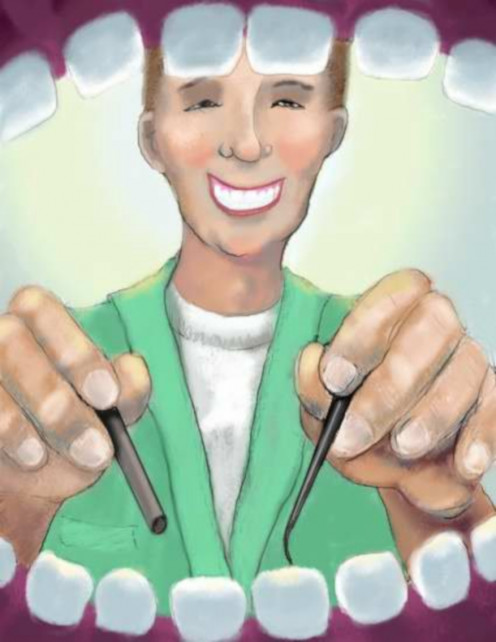
Q: Why do students have to take the DAT to get into dental school?
A: Schools use the scores from the DAT, along with other considerations, such as grade point average and letters of recommendations, to determine whether or not a student should be admitted into their dental program. Getting into a good dental program, like getting into a good medical school, is competitive. Schools want to know that the students they admit are willing, ready, and able to complete the courses and the practical work experience that is required to become a dentist. And, if the school is a public college or university, instead of a private one, then preference may be given to in-state residents during the admissions process.
Q: How long does it take to complete the education requirements to become a dentist?
A: Most dental programs are designed to take four years of study to complete, and at the end of the four years, most dentists are what is called “a general practitioner.” To become a “specialist” in a particular area of dentistry, dentists must complete 2-4 years of education beyond obtaining their medical degree, and they might be required to complete an additional 2-year residency program in their specialty.
Q: How much does it cost to attend/complete dental school, and how much money might I earn if I become a dentist?
A: The cost of four years of dental school education, as of 2019, was anywhere from $151,508 (in-state, public school) to $268,348 (private school). This figure includes all expenses: from books and supplies to living expenses.
When it comes to what a dentist earns, as of 2019, the Bureau of Labor Statistics reported the median salary of a dentist was $156,240, while those at the top of the earning chart pulled in more than $208,000 per year. The term "median wage" represents the "middle" range. That means half of those practicing dentistry earned more than the amount stated above, and half earned less. The lowest 10 percent of dentists earned less than $79,670, and the top 10 percent earned $208,000, or more. Earnings are influenced by variables such as number of years in practice, work location, hours worked, and area of specialization. For example, the median annual wages of dentist occupations in 2019 were the following:
- Equal to or greater than $208,000 or more for oral and maxillofacial surgeons
- Equal to or greater than $208,000 for orthodontists
- $208,000 for prosthodontists
- $155,000 for general dentists
- $147,200 for dentists, all other specialists
In 2019, in the top dental industries in which they worked, the median annual wages for dentists, were as follows:
- Offices of dentists$163,470
- Outpatient care centers $149,830
- Offices of physicians $149,310
- Government $132,320
A Good Laugh, Steve Martin's Dentist Song from "Little Shop of Horrors," A Hilarious Insult to Dentistry!
Other online sources of serious information on a career in dentistry:
© 2012 Sallie B Middlebrook PhD


